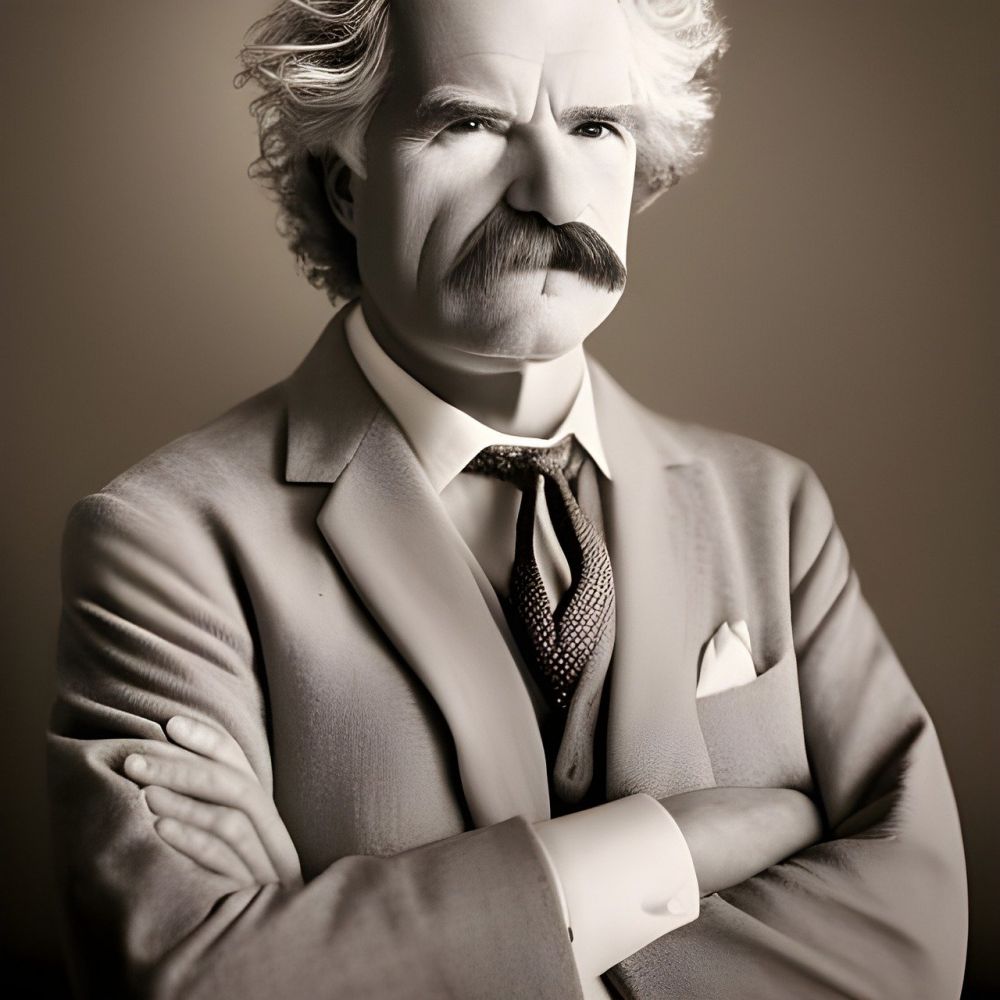Homer Simpson: The Iconic Everyman of Pop Culture

Introduction
Homer Simpson is a fictional character and the beloved patriarch of the Simpson family, created by Matt Groening. As the protagonist of the long-running animated sitcom “The Simpsons,” Homer has become an iconic figure in popular culture. This article aims to provide a comprehensive look into the life and evolution of Homer Simpson, offering valuable insights for anyone interested in this subject matter.
Section One: Character Overview

Homer Simpson is a middle-aged, overweight, and balding man, who works at the Springfield Nuclear Power Plant. He is often depicted as a lovable buffoon with a heart of gold. Homer’s primary role in the show is to provide comical relief through his humorous antics and bumbling nature. However, beneath his goofy exterior, Homer represents the challenges and triumphs of the average working-class American.
One of the key aspects that make Homer Simpson so relatable is his flaws and imperfections. He is known for his laziness, gluttony, and occasional stupidity. Nevertheless, these traits enable viewers to connect with him on a deeper level, as they mirror their own foibles and vulnerabilities.
Section Two: Evolution of Homer Simpson
Since its debut in 1989, “The Simpsons” has spanned over three decades, allowing Homer Simpson’s character to undergo significant developments. Initially, Homer was portrayed as a simple-minded and somewhat irresponsible father, navigating his way through life in the fictional town of Springfield.
Over time, the writers of the show have delved into the complexities of Homer’s persona. They have explored his relationships with his wife, Marge, and their three children, Bart, Lisa, and Maggie. Through various story arcs, viewers have witnessed Homer’s growth as a father, husband, and member of society.
Homer’s transformation from a mere cartoon character to a cultural icon has been facilitated by his relatability and versatility. He has offered social commentary on numerous issues, such as politics, consumerism, and family dynamics. Homer’s catchphrases, such as “D’oh!” and “Mmm… donuts,” have also seeped into popular lexicon, becoming instantly recognizable.
Section Three: Homer Simpson’s Cultural Impact
Homer Simpson’s influence goes beyond the boundaries of television. His image can be found on merchandise, such as t-shirts, mugs, and posters, indicating his status as a pop culture icon. Numerous celebrities and public figures have referenced and imitated him, solidifying his place in the zeitgeist.
Moreover, Homer Simpson has played a role in shaping the future of animated sitcoms. “The Simpsons” paved the way for other animated shows, heralding a new era in television programming. Shows like “Family Guy” and “South Park” owe their success, in part, to the ground broken by Homer and his family.
Conclusion
Homer Simpson has become an enduring symbol of American television, representing the everyman with all his quirks and flaws. Through his evolution over the years, he has captured the hearts of audiences worldwide. His impact on popular culture cannot be overstated, as his lovable nature and relatability continue to resonate with viewers.
In a fast-paced world, Homer Simpson offers a reminder to embrace our imperfections and find humor in life’s mishaps. As the animated character approaches its fourth decade on air, the legacy of Homer Simpson is likely to endure, inspiring future generations and serving as a beacon of joy and laughter for years to come.





